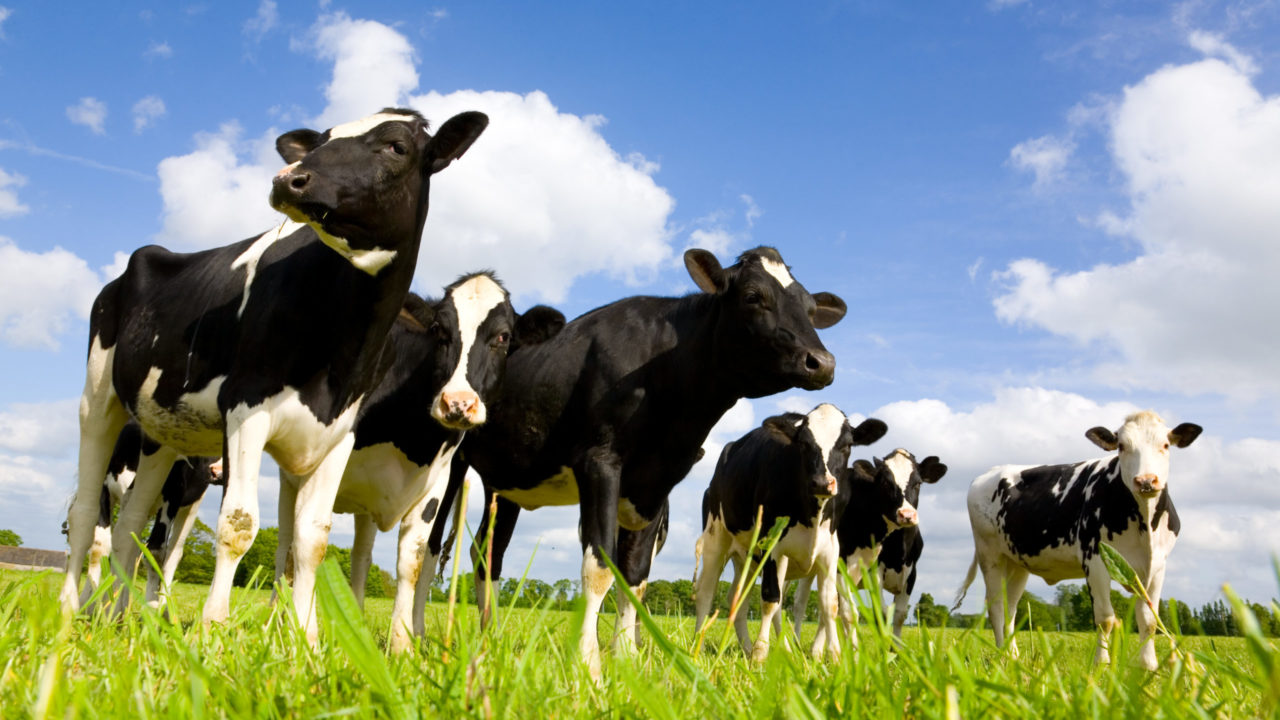The Agriculture and Horticulture Development Board (AHDB) has analysed the benefits experienced by a Cornish farmer while grazing herbal leys.
Dairy farmer Andrew Brewer reported maintaining cow milking performance while eliminating the need for artificial fertiliser over four years and promoting healthy autumn forage wedges.
Brewer carried out his work as part of the Farm Net Zero Programme in Cornwall at an Innovative Farmers Field Lamb aimed at recruiting more farmers to a new trial – ‘How milk yield is impacted by grazing herbal leys‘.
Brewer and his wife Claire farm a 1,000ac site near Fraddon and herbal leys now make up about 30% of his grazing area.
The herd is made up of 500 autumn-calving crossbred cows, with two trial groups created. One group is grazed on a mixed species sward and the control group is grazed on a ryegrass/clover ley.
Brewer monitored milk yields and constituents and noted that fat and protein percentage was lower in the herbal ley group, but overall the yield on milk solids was higher due to increased volume yield.
AHDB dairy knowledge exchange manager, Laura Awdry, said the herbal leys were slower to respond in the spring, with flattened peak at this time of year and clovers and chicory coming into their own in hotter summer months.
Consequently, she said, Brewer benefitted from a reasonably steady growth curve, allowing more of a wedge to be built up as the autumn approached.
“Andrew has not used artificial fertiliser for four years and is able to rely on the farm’s own slurry and some local digestate for any establishment nutrient requirement or post-silage application,” she said.
“This facilitated a significant reduction in costs due to the reduced inputs but with no reduction in cow performance or overall forage production.”

